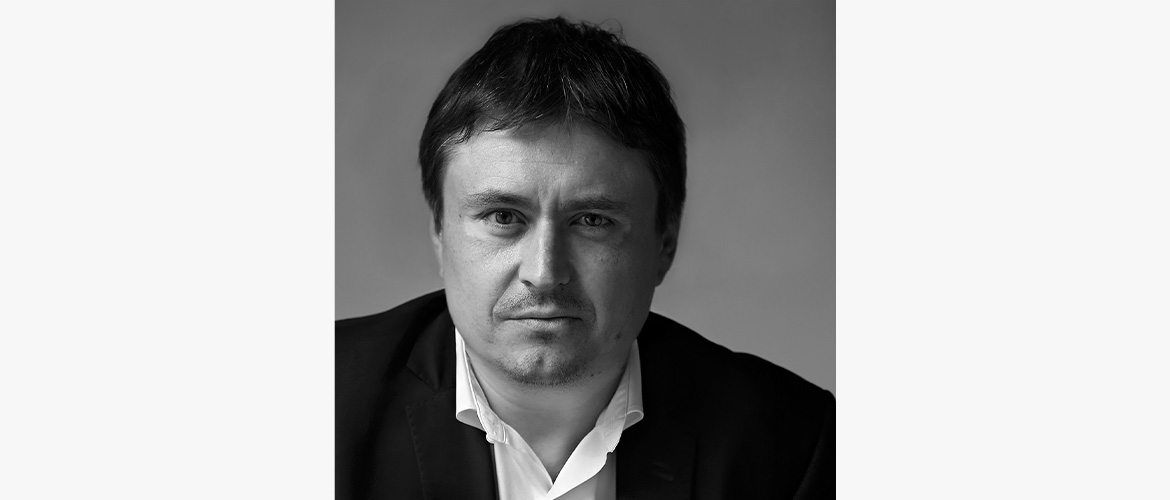A look back at the biography of a storyteller
On the occasion of the Un Week-End à l'Est festival, which this year honors the Romanian art scene, Cristian Mungiu, patron of this 9th edition, discusses the making of his book Une vie roumaine (A Romanian Life), in which he questions his relationship with truth and reminds us that storytelling remains an act of resistance. In conversation with Arnaud Laporte, journalist and producer at France Culture.
Born in 1968 in Iași, Romania, Cristian Mungiu, winner of the Palme d'Or at Cannes in 2007 for 4 Months, 3 Weeks and 2 Days, is one of the biggest names in European cinema. Director and screenwriter of all his films, he is also a writer and visual artist. His first solo show, The Biography of a Storyteller, is an autobiographical exhibition that highlights a multifaceted body of work in which cinema, literature, visual arts, and archives interact and shed light on his unique journey, which he recounts in his book A Romanian Life.
Cristian Mungiu first studied literature before enrolling at the Bucharest Film School and working as an assistant director on Bertrand Tavernier's Capitaine Conan and Radu Mihaileanu's Train de vie. After his first film, Occident, which was presented at the Directors' Fortnight in 2002 but never released in France, he became the first Romanian filmmaker to win the Palme d'Or at Cannes in 2007 for his second feature film, 4 Months, 3 Weeks, 2 Days, the story of a clandestine abortion under Ceaușescu. In 2009, he returned to Cannes as screenwriter, co-director, and producer of the sketch film Tales from the Golden Age. In 2012, Beyond the Hills won the Best Screenplay Award at Cannes and two Best Actress Awards for Cosmina Stratan and Cristina Flutur. Selected once again for the Official Competition at Cannes in 2016, Baccalaureate, filmed in long sequence shots, earned him the Best Director Award. He returns to competition at Cannes in 2022 with R.M.N., a masterful fresco on major European issues as seen from a small village in Transylvania. He has just shot his eighth film in Norway.
In 2010, he created his own festival, “Les films de Cannes à Bucarest” (Cannes Films in Bucharest).
In 2024, his novel Une vie roumaine – Tania Ionascu, ma grand-mère de Bessarabie (A Romanian Life – Tania Ionascu, My Grandmother from Bessarabia) was published in France (translated by Laure Hinckel, Marest). By transcribing the testimony of his grandmother Tania, he attempts to accept “the vanity of her life – and of life in general.” This work is also the profession of faith of a filmmaker who affirms his origins through an intimate and powerful narrative. Mungiu rejects his grandmother's sadness, as well as that of the past. To fight against the immutable, he recounts, documents, and films the world as he sees it.
Photo credits : Cristian Mungiu © Song Xiangyang




